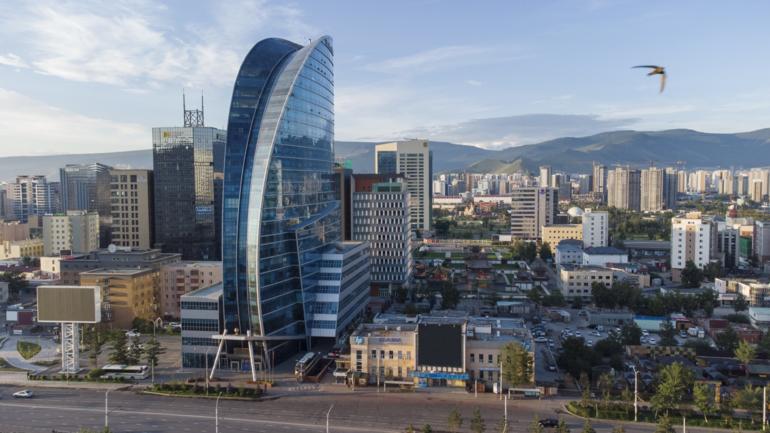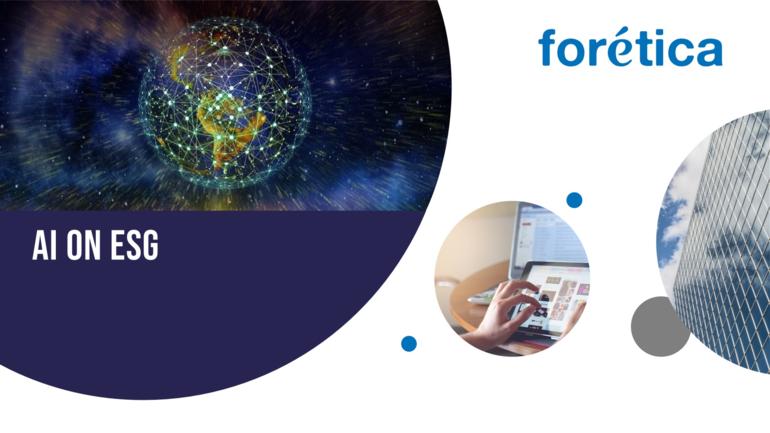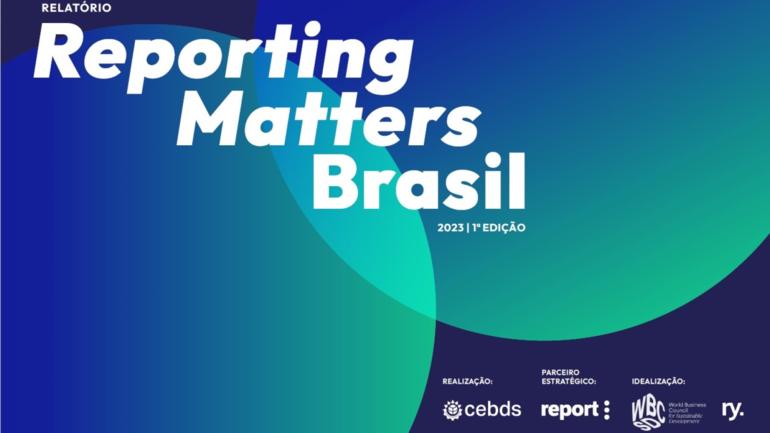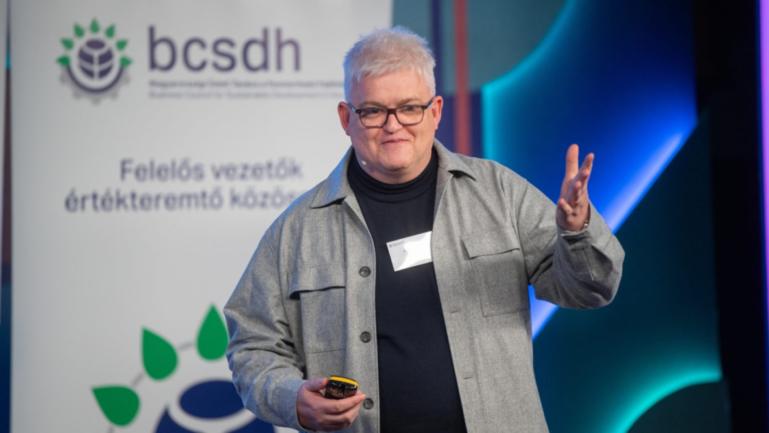Hong Kong SAR, 4 August 2020 - The Business Environment Council (“BEC”) published BEC Sustainability Report 2019 today, which describes how the organization works with its over 200 corporate members, stakeholders and the wider community to contribute to Hong Kong SAR’s transition to a low carbon economy.
This Sustainability Report covers BEC’s approach to sustainability including strategy, objectives, initiatives and performance over 2 fiscal years from 1 October 2017 to 30 September 2019. In the period, BEC delivered 348 environmental projects, 155 community engagement activities and 9 policy submissions presenting the voice of business in relation to important environmental topics to the Chief Executive Policy Address, the debate on municipal solid waste charging, and the Hong Kong Stock Exchange’s updates to the Environmental, Social and Governance (ESG) Reporting Guide and related listing rules. The report also presents BEC’s environmental performance with significant decreases in the BEC Building’s greenhouse gas (GHG) emissions and building energy consumption by 43% and 31%, respectively, since the baseline year (FY 2012/13).
Mr Richard Lancaster, Chairman of Business Environment Council, shared in the Report, “As an independent, charitable membership organization, BEC is a keystone in the local sustainability ecosystem enabling our 200+ members from 29 sectors to contribute to the mission of transitioning Hong Kong to a low carbon world. Although our focus is Hong Kong, we recognize that we are part of a global community working together to address environmental challenges. BEC will continue to leverage its extensive experience to engage with the business community, the government and our partners both locally and internationally to offer opportunities to exchange knowledge, enhance awareness and innovate sustainable solutions.”
Mr Adam Koo, BEC Chief Executive Officer said, “BEC management has introduced a new set of strategic priorities and environmental focus areas which allow our team to more effectively and deliberately address the most pressing environmental challenges in a holistic manner. Our collaborative and practical approach continues to inform all our interactions with key stakeholders, from our members to the wider community. Our efforts over the past two years have further reinforced BEC’s position as an important voice representing the business community and a platform for taking the right steps to deliver impact together with our members to improve the environment in Hong Kong.”
Titled “This Is How We Enable Sustainability”, the report also covers how BEC is an enabler within the sustainability ecosystem working to deliver value to our members, drive government and business action, and demonstrate leadership using BEC Building as a “Green Lab”. Furthermore, it assesses the impact of BEC’s initiatives to determine opportunities where it can contribute to the concerted efforts to meet the United Nations Sustainable Development Goals (SDGs), emphasizing SDG 4: Quality Education[1] and SDG 17: Partnerships for the Goals[2]. The report reinforces BEC’s commitment to drive positive sustainable change in Hong Kong SAR guided by the three organizational strategic priorities. BEC will continue to leverage its expertise to support and advise companies in Hong Kong SAR to reach the forefront of global sustainability trends. Demonstrating leadership in Hong Kong SAR’s journey to a net-zero carbon future is core to BEC’s organizational objectives, therefore, BEC plans to commit to a long-term decarbonization strategy which includes plans for setting BEC’s own carbon reduction target and strategy.
BEC Sustainability Report 2019 can be accessed at BEC’s website at https://bit.ly/3k3gWns
[1] BEC specifically contributes to achieving SDG 4.7: By 2030, ensure that all learners acquire the knowledge and skills needed to promote sustainable development, including, among others, through education for sustainable development and sustainable lifestyles, human rights, gender equality, promotion of a culture of peace and non-violence, global citizenship and appreciation of cultural diversity and of culture’s contribution to sustainable development.
[2] BEC specifically contributes to SDG 17.16: Enhance the global partnership for sustainable development, complemented by multi-stakeholder partnerships that mobilized and share knowledge, expertise, technology and financial resources, to support the achievement of the sustainable development goals in all countries and markets, in particular developing countries and markets; and SDG 17.17: Encourage and promote effective public, public-private and civil society partnerships, building on the experience and resourcing strategies of partnerships.








